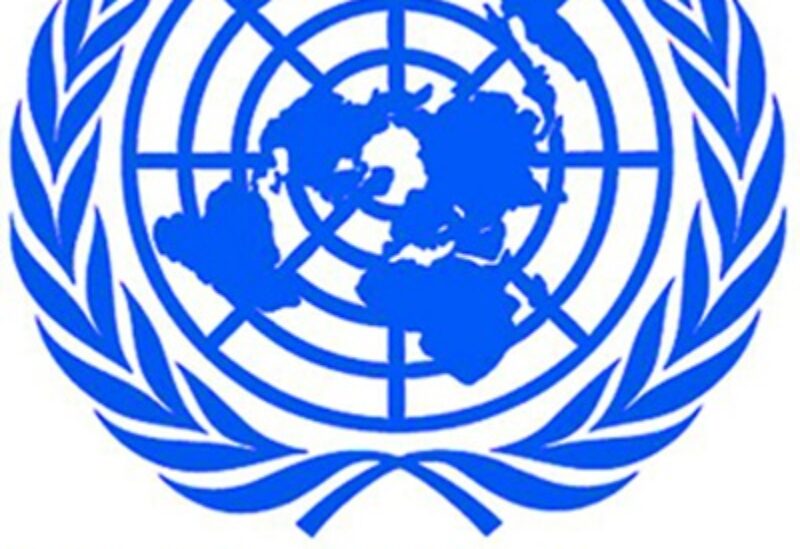
As food systems around the world recover from the shock of the COVID-19 pandemic, the United Nations in Lebanon hosted a virtual Food Systems Dialogue today to provide information to the first-ever UN Food Systems Summit, which will take place in New York in September, about the future of food in Lebanon. This historic Summit is bringing together people from all around the world to find long-term solutions for the future of food.
The dialogue was held under the patronage of Deputy Special Coordinator, Resident and Humanitarian Coordinator for Lebanon, Ms. Najat Rochdi and Lebanese MP Ms. Inaya Ezzeddine, with the active participation of several UN agencies, funds, programmes and regional commissions operating in Lebanon, including the World Food Programme (WFP), the Food and Agriculture Organization (FAO), the UN Information Centre in Beirut (UNIC Beirut), the Economic and Social Commission for Western Asia (ESCWA) and the UN Industrial Development Organization (UNIDO).
Rochdi said that the Lebanese who have always been known for their rich hospitality and generosity, are today threatened by their basic right to food due to the continuous rise in commodity prices as a result of the successive crises in the country.
“People are unable to provide their basic food requirements and are substituting healthy meals with unhealthy cheaper options, threatening their food security all of which risk a rise in levels of hunger. The UN in Lebanon is working on building food resilience to vulnerabilities at the individual, community, and system levels. An improved food system prevents conflicts and is vital to achieving Goal 2 of the SDGs: Zero Hunger.” A change in the food systems would support the extremely poor, and the ones depending on agriculture for their livelihoods,” Rochdi added.
The Dialogue brought together around 80 participants for a lively and constructive discussion on how to make the food system in Lebanon safer, stronger, and more equitable. It included a diverse array of perspectives, including stakeholders of the Lebanese Food systems, women cooperatives, research centres, students from the faculties of agriculture and food sciences, smallholder farmers and business leaders.
“Food security is an outcome of the food system. Our duty is to ensure that the food system is resilient to ensure sustainable access to safe and healthy food to those who live in Lebanon and not only for a few,” said MP Inaya Ezzeddine.
“Numerous integrated intersected strategies should be put in place to achieve this goal, and they should all rest on the inalienable right of all, especially the most vulnerable including women and children, to a healthy affordable diet,” she added.
Four separate discussions were conducted during the dialogue revolving around three tracks: ensuring access to safe and nutritious food for all, advancing equitable livelihoods, and building resilience to vulnerabilities, shocks and stress and the role of youth in technology and innovation of the food systems.
Rami Zurayk, professor at the American University of Beirut who moderated the opening and closing sessions, highlighted the importance of focusing on the obstacles that affect the functioning of food systems such as conflicts, pandemics, socio-economic crises, and the absence of technology and scientific development.
Participants agreed on a number of ways that the food system in Lebanon can be strengthened, including: providing vouchers to farmers to buy agricultural inputs and increase production, developing and strengthening the skills of farmers and producers to use technology that can be more sustainable, and promoting low-cost entrepreneurship.
Maurice Saade, FAO Representative in Lebanon, urged all actors to join forces and implement recommendations to avoid an acute food security crisis in Lebanon.
The UN in Lebanon will now submit the outcomes of the Dialogue to the organizers of the UN Food Systems Summit. The information will be used by organizers to feed into the Summit’s five priority Action Tracks, as well as the preparatory work of its Scientific and Advisory Groups, Champions Network, and other Summit support structures.